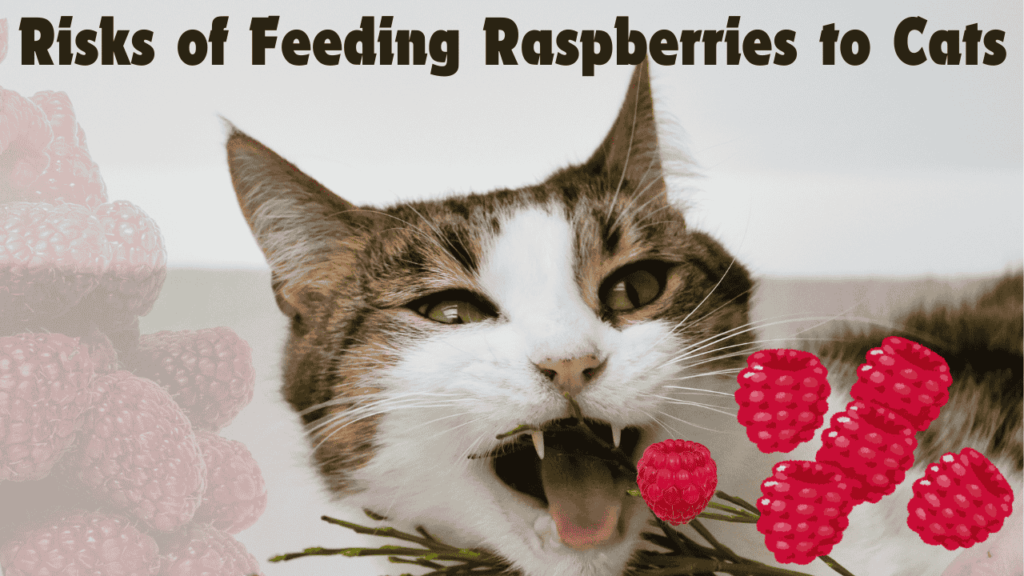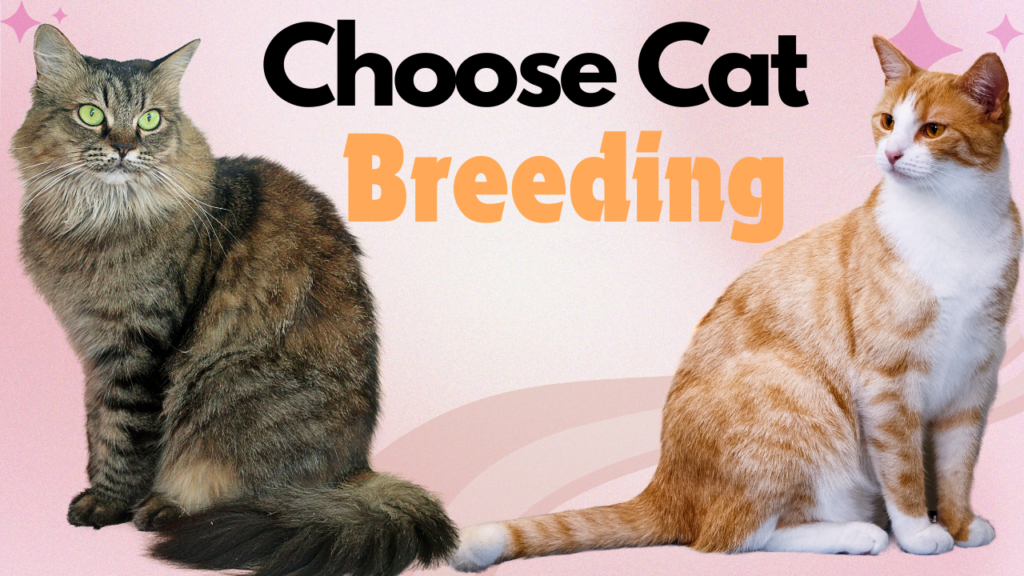As caring pet owners, our priority is to provide optimal nutrition and attentive care for our beloved furry friends. When it comes to feeding cats human foods, it’s crucial to learn what is both safe and beneficial for their well-being. One food that often sparks curiosity is raspberries. Can cats eat raspberries? Let’s dive into this topic in detail.
Are Raspberries Safe for Cats?
The short answer is yes, raspberries are generally safe for cats in small amounts. However, moderation is key. Raspberries are non-toxic to cats, but their sugar content and other components mean they should not be a regular part of your cat’s diet. Understanding their composition can help you make an informed decision.
Nutritional Value of Raspberries
Raspberries are packed with vitamins and antioxidants that are beneficial for humans. Here’s what they contain:
- Vitamin C: Supports the immune system.
- Dietary Fiber: Aids digestion.
- Antioxidants: Combat free radicals and promote cellular health.
While these nutrients are excellent for humans, cats have different dietary requirements. Cats are obligate carnivores, meaning their primary source of nutrition must come from meat. Their bodies are not designed to derive significant benefits from fruits like raspberries.
Potential Benefits of Raspberries for Cats
Although raspberries are not necessary for a cat’s diet, offering them occasionally might provide some minor benefits:
- Antioxidant Boost: The antioxidants in raspberries may help reduce oxidative stress in cats, particularly in older felines.
- Hydration: With their high water content, raspberries can help support your cat’s overall hydration.
- Low-Calorie Treat: For overweight cats, a single raspberry can serve as a low-calorie treat compared to processed cat snacks.
However, these benefits are minimal and should not replace a balanced diet specifically formulated for felines.
Risks of Feeding Raspberries to Cats
Despite being safe in small quantities, raspberries can pose certain risks:

- High Sugar Content: Cats lack the enzymes to process sugars effectively. Consuming too much sugar can result in obesity, diabetes, and various other health issues.
- Digestive Upset: Too many raspberries can cause stomach upset, including diarrhea or vomiting.
- Choking Hazard: Small fruits like raspberries can be a choking hazard, especially if your cat tries to eat them whole.
- Xylitol Presence: Raspberries naturally contain trace amounts of xylitol, a sugar substitute that is highly toxic to dogs and can potentially harm cats if consumed in large quantities.
How to Safely Feed Raspberries to Your Cat
If you choose to let your cat try raspberries, follow these guidelines:
- Wash Thoroughly: Rinse raspberries under cold water to remove any pesticides or chemicals.
- Offer in Moderation: Limit your cat to one or two raspberries occasionally. Refrain from offering them every day or in excessive amounts.
- Cut into Small Pieces: Slice the raspberry into smaller portions to reduce the risk of choking.
- Monitor Your Cat: Watch for any signs of allergic reactions or digestive discomfort after introducing raspberries.
Signs of Adverse Reactions in Cats
Cats can react differently to new foods.If your cat shows any of the following signs after consuming raspberries, consult your veterinarian immediately:
- Vomiting or diarrhea
- Excessive drooling
- Lethargy or behavioral changes
- Signs of abdominal discomfort
Alternatives to Raspberries for Cats
If you want to provide your cat with safe and nutritious treats, explore these alternatives:
- Cooked Meat: Tiny portions of plain, cooked turkey or chicken.
- Cat-Specific Treats: Many brands offer treats formulated for feline nutritional needs.
- Catnip or Cat Grass: A natural and safe way to stimulate your cat’s senses.
Conclusion
In summary, raspberries can be a safe and occasional treat for cats, but they should never replace their primary diet of high-quality cat food. Always prioritize your cat’s health by offering foods that meet their unique dietary needs. When introducing any new food, including raspberries, moderation and careful observation are essential.
If you’re ever unsure about a particular food’s safety, consult your veterinarian to ensure you’re making the best choices for your feline friend.
# : READ ANOTHER POSTS
1 : Can Cats Eat Seaweed? The Nutritional Benefits and Potential Risks Explained
3 : Can Cats Eat Peanuts? A Comprehensive Guide
4 : Can Cats Eat French Fries? A Comprehensive Guide for Pet Owners


